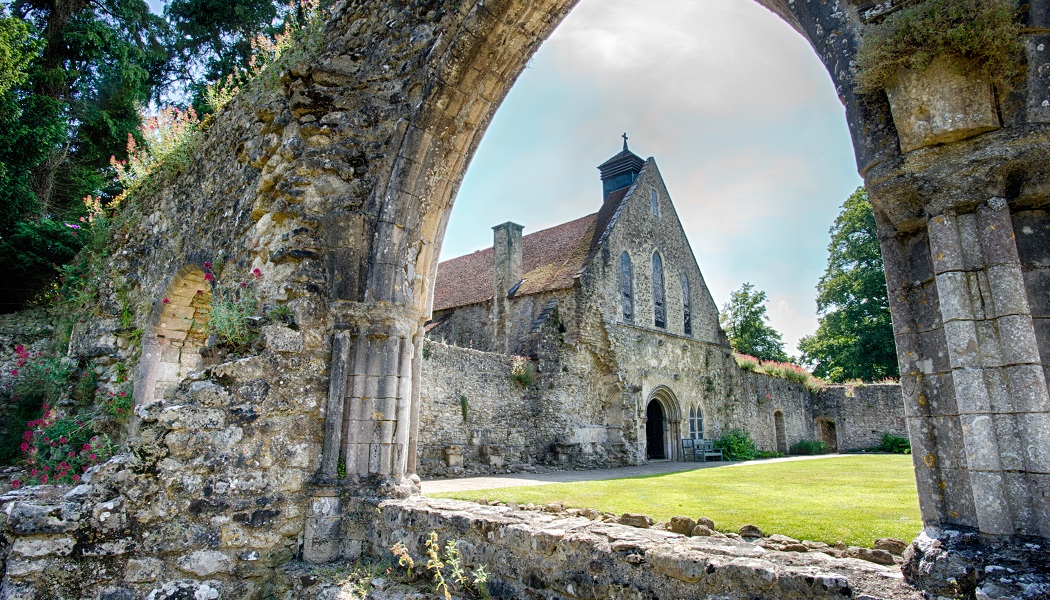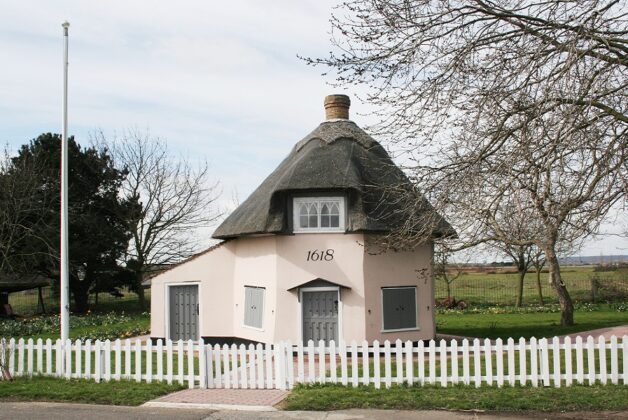Research commissioned by specialist heritage insurer Ecclesiastical has found that an overwhelming majority of culture sector decision makers believe enhanced adoption of and investment in digital will be essential to safeguard the UK heritage sector’s future.
Nine in ten of those surveyed said they believe the heritage sector needs to invest more heavily in technology if it’s to thrive, while 83% admitted they fear for its future without adopting a more digitally-driven approach.
While these figures provide strong evidence of concern, recent events have forced heritage organisations into action.
Unsurprisingly, and in line with industry feedback that during lockdown a digital offer became more important (80%) or greatly increased in importance (25%), the study’s results indicate that the pandemic has turbocharged the sector’s digital adoption.
87% of Britain’s heritage attractions started offering digital resources – online galleries, virtual museum tours, live streamed events – while their doors were closed, with others having done so in the aftermath of lockdown. The study found that only 2% of heritage attractions have no plans to offer digital attractions in future.
This process was no walk in the park, however. More than a quarter of those surveyed (29%) said their organisation’s workforce had to quickly improve their digital skills in order to adapt during lockdown. 81% of those who had to upskill found this challenging, with 23% labelling the experience extremely challenging.
“It’s interesting to see that 90% believe the heritage sector needs to invest more heavily in technology in order to thrive in the future. The coronavirus is having a major impact on heritage organisations and many are facing financial difficulties,” notes Faith Kitchen, heritage director at Ecclesiastical.
“We recognise that it’s an incredibly challenging time for the sector so it’s really encouraging to read that many heritage organisations are embracing digital attractions as a potential income generator.”
What’s the plan?
Of those organisations planning to offer further digital attractions in future, 60% expect to deliver virtual events and 50% plan to offer video content. 44% say they will prioritise virtual tours, with 40% believing social media Q&As will be a format they perpetuate.
Raising revenues is of paramount importance when considering where to ‘go digital’. 57% of respondents say their institution will charge people to access digital attractions with a membership subscription and 48% will encourage people to pay a small donation. 44% plan to charge a one-off fee per event, while only 6% see charging no fees as a viable option moving forward.
“From National Historic Ships UK pivoting their annual photographic competition into an online gallery, to Chawton House hosting a virtual Garden Festival, we’ve seen the sector display impressive ingenuity over this period,” says Lizzie Glithero-West, chief executive at The Heritage Alliance.
“With our timely National Lottery Heritage Fund supported Heritage Digital programme, there’s a great opportunity for up-skilling. We are providing free vital digital skills training and support to over 700 organisations across the sector, now and through next year, that will help them to survive the emerging challenges of a prolonged Covid-19 crisis and, importantly, to engage and attract new audiences.”





